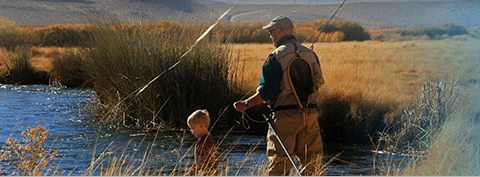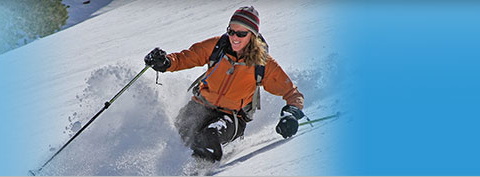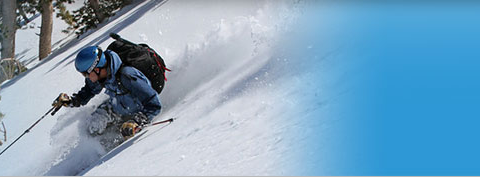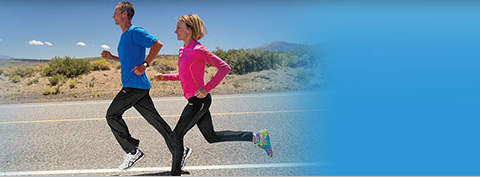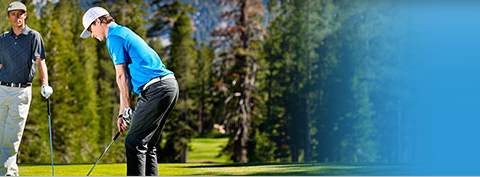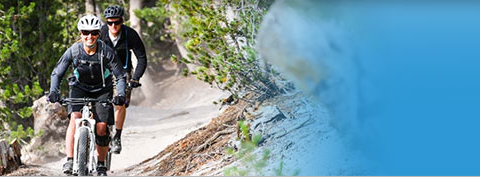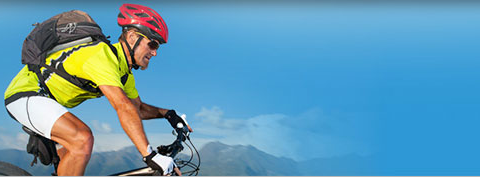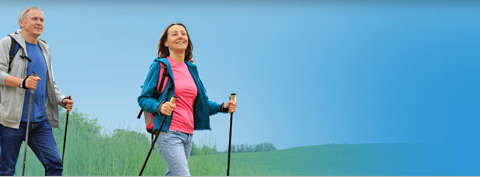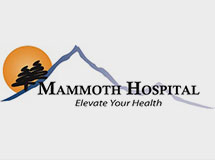Medical Student Rotations
Accrediting
The primary physicians at the Mammoth Orthopedic Institute (MOI) are accredited clinical faculty members of the University of Nevada School of Medicine. They provide clinical education for third- and fourth-year medical students interested in elective rotations in general orthopedics, orthopedic trauma, and sports medicine.
- University of Nevada, Reno medical students may arrange clinical rotations through the University’s Office for Clinical Rotations.
- Students from other accredited medical schools may contact the MOI office at [javascript protected email address] or 760-924-4084 for more information and to coordinate with their accrediting institution.
Please note: We are currently unable to accept new affiliation requests from students or schools that do not have a preexisting relationship with our program at Mammoth Hospital.
Scheduling
While 2- or 4-week rotations are most common, we can often tailor the duration and timing of your rotation to accommodate individual scheduling needs, provided your dates do not overlap with other visiting students. Due to our orthopedic fellowship program, we are unable to host more than one additional learner at a time.
Your rotation schedule will typically include both surgery and clinic, depending on the provider's schedule during your rotation. Occasionally, you may also be scheduled at our satellite clinic in Bishop, CA.
After you have been processed and through Mammoth Hospital, our coordinator will send your schedule and detailed information for your rotation.
Rotation at Mammoth Hospital
Surgical Orthopedics Track
Goals and Objectives
Medical Care of the Orthopedic Patient
- Obtain necessary preoperative studies in accordance with published guidelines.
- Obtain appropriate consultations.
- Triage patients for admission to medical or intensive care services.
- Manage perioperative care and discharge of orthopedic patients.
- Evaluate patients in the Emergency Department.
- Outpatient orthopedics: perform basic joint and spine exams.
- Determine indications for radiographic and laboratory studies.
- Plan appropriate follow-up and know when to discharge patients from care.
Manual and Technical Skills
- Dressings and casting.
- Patient positioning, prepping, and draping.
- Fracture biomechanics and AO principles.
- Management of musculoskeletal trauma, including:
- Fractures and dislocations treated in the Emergency Department
- Interpretation of basic radiographs and descriptive fracture terminology.
- Outpatient management of injuries.
- Casting and splinting.
- Indications for surgical management of fractures.
Sports Medicine
- Perform and present a history and directed physical exam for patients with sports-related musculoskeletal complaints.
- Formulate a differential diagnosis for musculoskeletal conditions in each joint.
- Understand indications for operative treatment of common sports injuries (e.g., ACL reconstruction, rotator cuff repair, meniscal and labral repair).
- Learn unique aspects of orthopedic surgical procedures, including meticulous sterile technique.
Non-Operative Outpatient Sports Medicine Track
Musculoskeletal Knowledge Base
- Normal alignment and joint range of motion.
- Basic biomechanics and bone pathophysiology.
General Musculoskeletal Conditions
- Bone and joint infections.
- Hip conditions (e.g., osteoarthritis, rheumatoid arthritis, avascular necrosis).
- Spine conditions (e.g., spinal stenosis, disc disease, adult scoliosis, back pain).
- Foot conditions (e.g., bunions, flatfoot, cavus deformities, tendonitis).
- Hand conditions (e.g., carpal tunnel syndrome, osteoarthritis, rheumatoid arthritis).
- Shoulder conditions (e.g., recurrent dislocations, osteoarthritis, frozen shoulder).
- Sports injuries in athletes.
- Bone and soft tissue tumors.
Musculoskeletal Trauma
- Fractures and dislocations treated in the Emergency Department.
- Interpretation of basic radiographs and descriptive fracture terminology.
- Outpatient injury management.
- Casting and splinting.
Sports Medicine
- Perform and present a history and directed physical exam for patients with sports-related complaints.
- Formulate a meaningful differential diagnosis, considering both orthopedic and non-orthopedic causes.
- Become familiar with basic orthopedic diagnostic and treatment strategies.
- Learn operative and non-operative management of common sports injuries.
- Understand principles of sports rehabilitation.
Expected Competencies
By the end of the rotation, students should be able to:
- Make a correct diagnosis – accurately identify musculoskeletal conditions and avoid missing critical findings.
- Perform an appropriate work-up – conduct thorough evaluations, including physical exams, imaging studies, and labs.
- Provide standard-of-care treatment – manage conditions confidently within your level of training.
- Seek appropriate referrals – recognize when consultation or additional care is necessary.



